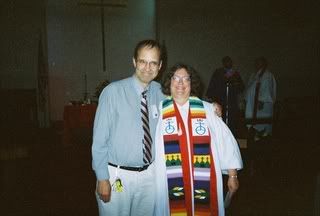Sometimes, I have a hard time being in church. I especially have a hard time when I’m feeling pretty good about myself, and the sermon strikes a nerve. It’s worse, when not only the sermon, but the responsive readings pick at the ugly little scabs on my soul.
This past Sunday, I hated being in church.
“Didn’t you preach this past Sunday?”
Yes, I’m afraid I did. I remember carefully selecting all the elements of worship. Like these words I found for the Invitation to worship:
One: Help us to remember that we cannot receive all that you offer to us if our hearts are filled with thoughts and feelings that are not from you.
Many: So, take away self-righteousness, remove criticism, scrape away every wrong thought, every resentment, and everything that separates us from one another because these things also separate us from you.
They sounded to me like the words people needed to hear at the time. But even as I read them with the congregation, they chafed against my own feelings.
Then, as I listened to the lesson from the Hebrew Scriptures, again, words I chose for worship, I was stung by:
"Don't seek revenge or carry a grudge against any of your people. “ (Leviticus 19:18)
But, of course, I argued, they aren’t words meant for me. So why did they discomfort me so?
The truth is, sometimes, the one for whom God means the message to target is standing at the front of the church in the pulpit speaking the words. So, as God would have it, I was convinced of the need to transform my own thinking. Would it surprise Jesus, that the one delivering the word was also the intended recipient?
Oh, no, not at all. So, I sit with my discomfort, and I pray that I will take that discomfort and turn it into growing pains.





